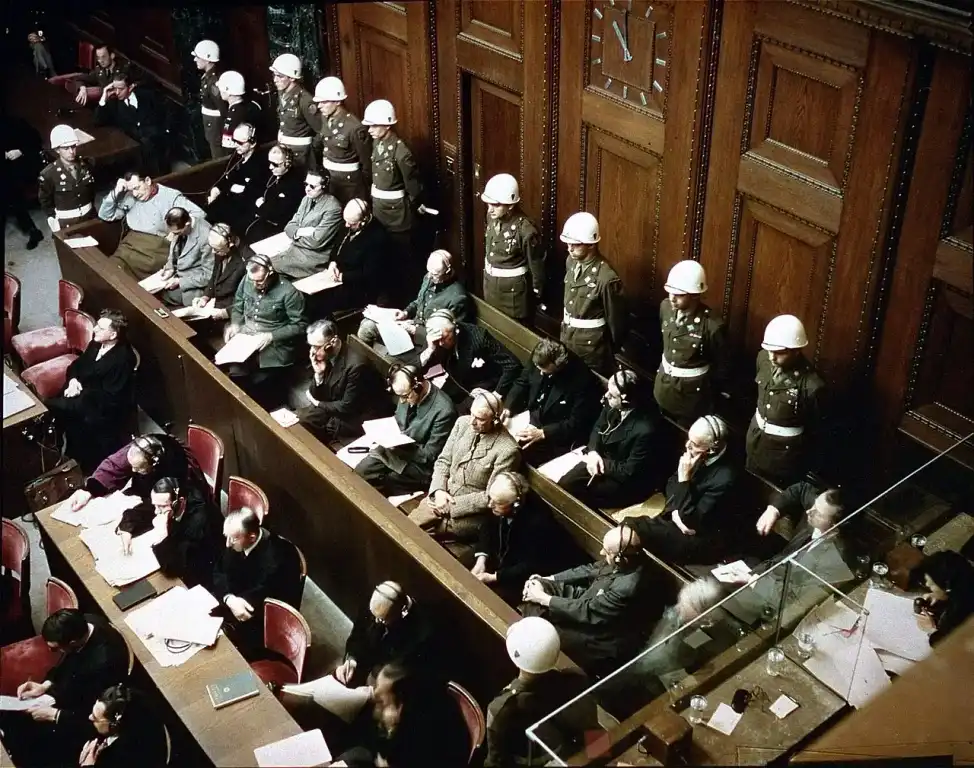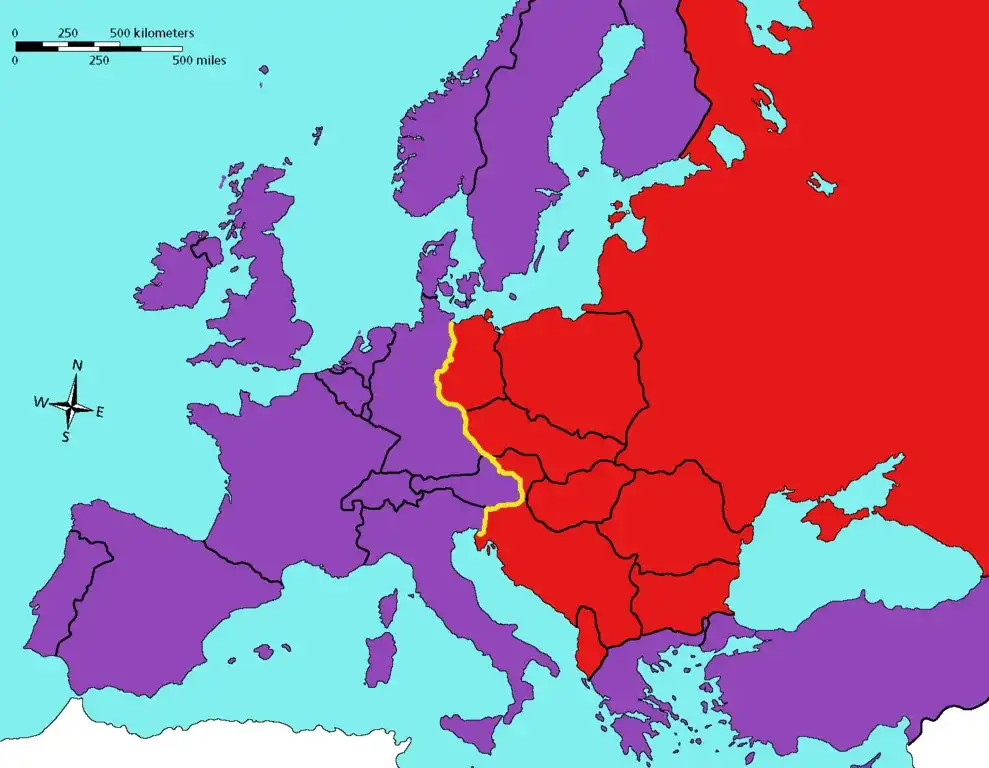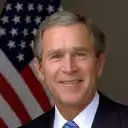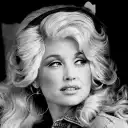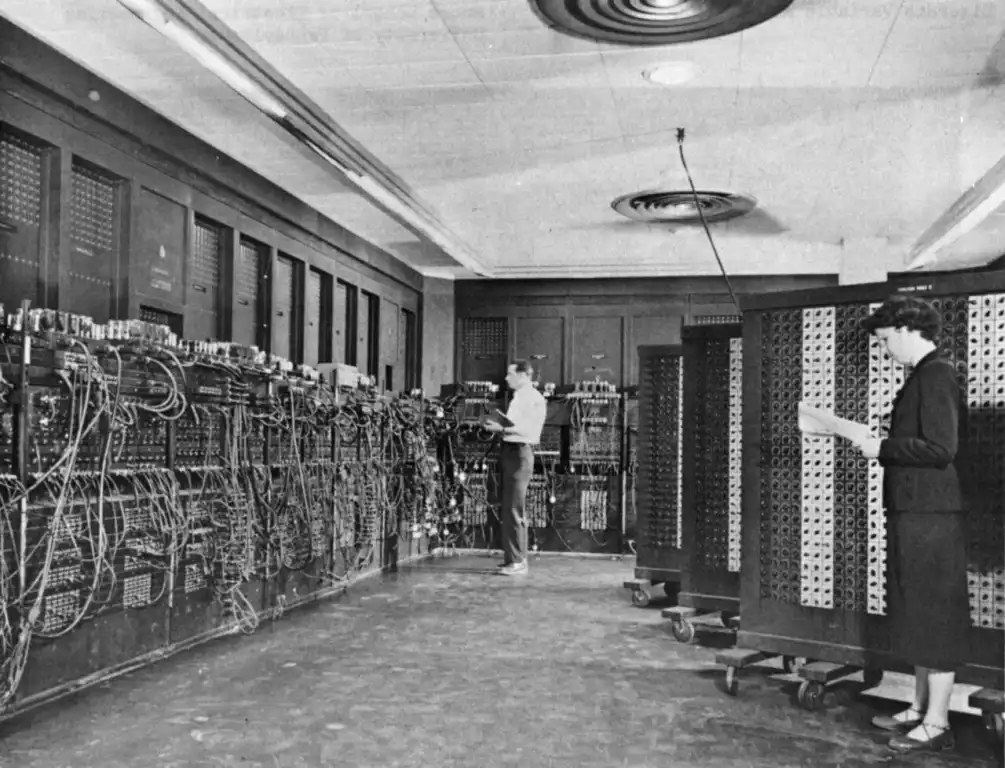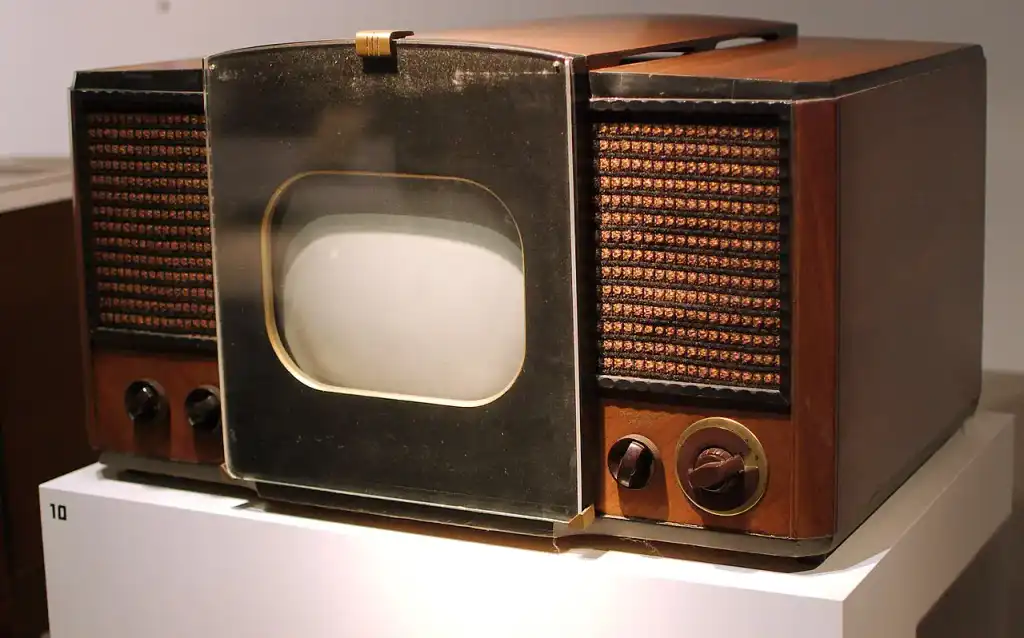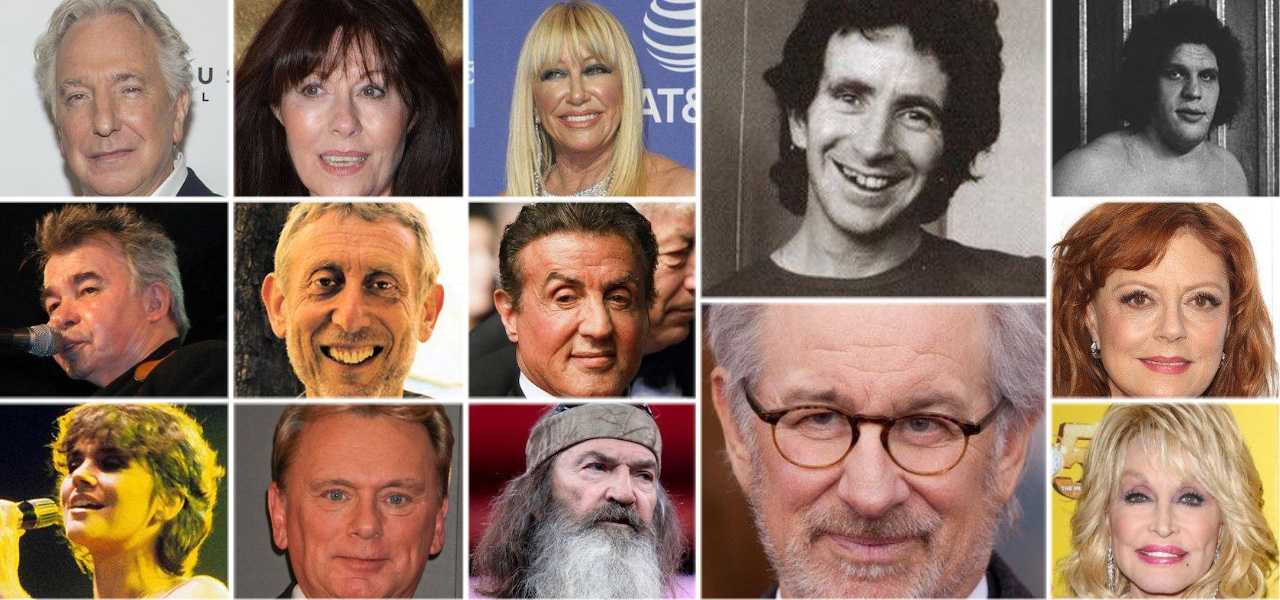
Facts About Baby Boomers Born in 1946
What Generation Is 1946?
If you were born in 1946, you are a Baby Boomer or Boomer for short. 1946 is the first year of the Baby Boomers generation. After World War II ended in 1945, families began to grow, leading to a significant increase in the birth rate in 1946. This period of growth gave the Baby Boomers their name and started a trend that lasted until 1964. For those born in 1946, the world was filled with new opportunities and challenges as countries began to rebuild and look toward the future.
1946 Demographics: The Start of the Baby Boomers
In 1946, the U.S. saw significant demographic changes, especially in the number of births. According to the National Center for Health Statistics, the estimated population was 141,228,693.
The number of live births registered reached 3,288,672, a first in U.S. history. This figure was an increase of 553,000 over the previous year and exceeded the prior record set in 1943 by 354,000.[1] The increase in the birth rate by 18.9% compared to the preceding year marked the beginning of the Baby Boomers generation.
Those born in 1946 are now 77 years old, and as of 2022, there were 1,986,144 Baby Boomers from that year still alive, according to the U.S. Census Bureau.[2]
| Rank | Male name | Female name |
|---|---|---|
| 1 | James (5.3%) | Mary (4.18%) |
| 2 | Robert (5.1%) | Linda (3.27%) |
| 3 | John (4.8%) | Patricia (2.87%) |
| 4 | William (3.64%) | Barbara (2.8%) |
| 5 | Richard (3.57%) | Carol (2.13%) |
Key Events of 1946 That Shaped the Worldview of Baby Boomers
1946 was like a new chapter in a book for the world, and Baby Boomers born that year got front-row seats. The world was changing fast from the end of World War II to the start of the Cold War. These changes played a big role in how people born in 1946 saw the world as they grew up. They lived through times of hope, fear, and big questions about right and wrong. This section will look at how key events from that year influenced the way Baby Boomers think and feel about the world.
The Nuremberg Trials concluded in 1946, setting new standards for international law.[4] 1946 generation grew up in a world that valued accountability for war crimes. These trials also laid the foundation for modern human rights laws. Media coverage and history lessons about the trials likely influenced the political and moral perspectives of Boomers born in 1946. The trials played a role in the formation of international organizations like the United Nations, shaping the global landscape these people would come to know.
The first General Assembly of the United Nations in 1946 started a new way of working together among countries.[5] For people born in 1946, this meant growing up in a world that aimed for teamwork to solve big problems. The UN focused on keeping peace, improving health, and protecting human rights. As these Boomers got older, they would see the UN become more important in solving international issues and helping people in need. This could have shaped their opinions on how countries should work together to fix conflicts and other challenges.
Winston Churchill's "Iron Curtain" speech in 1946 marked the start of the Cold War era.[6] For Baby Boomers born that year, the speech had a lasting impact on their lives. They grew up in a world divided by ideological conflict between the United States and the Soviet Union. This tension led to an arms race, the space race, and the construction of bomb shelters. The fear of nuclear war was a constant presence. The speech also fueled anti-communist sentiments, affecting politics, culture, and personal relationships. This era influenced the Baby Boomers' views on patriotism, government, and global affairs.
The Atomic Energy Act of 1946 had a significant impact on the Baby Boomers of that year. This law set the rules for how the U.S. would control and manage nuclear technology.[7] It led to the nuclear industry's growth, creating jobs and boosting the economy. At the same time, it sparked public debate about the safety and ethics of nuclear power. For 1946 Boomers, this meant growing up in a world where atomic energy was both a promise of progress and a subject of concern. The act influenced this generation's public opinion, educational focus, and career paths.
The creation of the Central Intelligence Group in 1946 was a significant event that indirectly impacted the 1946 Baby Boomers. This agency later became the CIA[8] and played a major role in U.S. foreign policy and intelligence gathering during the Cold War. 1946 generation grew up in a world where espionage, covert operations, and international tension were common. This environment influenced their views on patriotism, trust in government, and global affairs. The CIA's activities also contributed to the culture of secrecy and surveillance that became part of American life.
Famous Baby Boomers Born In 1946
![1946 baby boomer bill clinton]()
Bill Clinton
42nd President of the United States
Rose to prominence as Governor of Arkansas before becoming the 42nd President. His two-term presidency was marked by economic growth and the signing of the North American Free Trade Agreement (NAFTA). Impeached over the Monica Lewinsky scandal, yet remained in office.
![1946 baby boomer donald trump]()
Donald Trump
45th President of the United States
Prior to politics, achieved fame as a businessman and television personality. His one-term presidency saw economic gains and divisive policies like the travel ban. Impeached twice, first for pressuring Ukraine to investigate a political opponent and second for incitement of insurrection.
![1946 baby boomer george w bush]()
George W. Bush
43rd President of the United States
Governor of Texas before becoming President. Known for launching the War on Terror following the 9/11 attacks. His two terms had mixed public opinion due to ongoing wars and Hurricane Katrina's aftermath.
![1946 baby boomer sylvester stallone]()
Sylvester Stallone
Actor, Director, Screenwriter
Gained fame for the "Rocky" and "Rambo" franchises, which he both wrote and starred in. Nominated for multiple Academy Awards. His works often focus on underdogs and resonate globally.
![1946 baby boomer dolly parton]()
Dolly Parton
Country Music Singer, Songwriter, Actress
Achieved country music stardom with hits like "Jolene" and "I Will Always Love You." Also an accomplished actress and philanthropist, her literacy program has donated over 100 million books to kids.
![1946 baby boomer cher]()
Cher
Singer, Actress
Known as the "Goddess of Pop," her career spans over six decades. Won various awards, including an Oscar, Grammy, and Emmy. She is notable for reinventing both her music and image.
Favorite Films of 1946 Baby Boomers
When discussing the 1946 generation, we can't ignore the movies that touched their hearts and minds. These films were a mirror of the times they lived in. From tackling social issues to exploring the highs and lows of young love, these movies had it all. 1946 Boomers watched these iconic films as teenagers and young adults. They were a part of their coming-of-age experience.
- "Rebel Without a Cause" (1955) — The film starred James Dean and tackled issues like family conflict and teenage angst. For Baby Boomers, the movie felt relatable because it spoke to their challenges. It also broke away from the idealized family images often shown in media at the time. The film's raw emotion and focus on youth struggles made it a hit with this generation.
- "West Side Story" (1961) — People born in 1946 have a special connection with this film. The movie came out in 1961, a time when they were teenagers. The film's themes of love, conflict, and social issues were relevant to the era's social climate, including the Civil Rights Movement and the rise of youth culture. The music and dance styles were also groundbreaking and appealed to the tastes of young people at the time.
- "Psycho" (1960) — The movie, directed by Alfred Hitchcock, came out in 1960 and quickly became a classic. The plot is about a secretary who steals money and ends up at a creepy motel run by Norman Bates. The film is famous for its suspense and the shocking shower scene. For those born in 1946, "Psycho" was a big deal. The film broke new ground in storytelling and visuals, making it exciting for young viewers.
- "Goldfinger" (1964) — The movie features James Bond, played by Sean Connery, as he tries to stop a villain named Goldfinger from robbing Fort Knox. The film offered a mix of action, gadgets, and glamour that was new and exciting. It became a cultural icon and is still loved by many in that generation.
- "The Graduate" (1967) — Film about a young man named Benjamin Braddock who has just finished college and is unsure about his future. He ends up having an affair with an older woman but falls in love with her daughter. Baby Boomers, born in 1946, were in their early 20s when the film came out. The movie captures the uncertainty and rebellion that were common feelings among people of that age. The soundtrack by Simon & Garfunkel set the tone for a generation.
- "Easy Rider" (1969) — Two bikers, Wyatt and Billy, ride across America. They encounter various social issues like prejudice and the failure of the American dream. Young adult Baby Boomers connected with the film's themes of freedom and questioning societal norms. The movie's rock music soundtrack also appealed to this generation's taste.
- "Love Story" (1970) — The film tells the tale of a young couple, Oliver and Jenny, who fall in love despite coming from different backgrounds. They face challenges but remain committed to each other until Jenny's untimely death. For young Baby Boomers, the film's themes of love, sacrifice, and the struggles of young adulthood were relatable. The timing was also crucial; the movie came out when many 1946 Boomers were navigating similar life stages.
- "Butch Cassidy and the Sundance Kid" (1969) — Two outlaws, Butch and Sundance, go on a series of bank and train robberies. They eventually flee to Bolivia to escape the law. The movie's mix of humor, action, and drama made it a hit, and its themes connected well with the Baby Boomers' life experiences.[9]
Favorite Music of 1946 Baby Boomers
"Oh, yeah, I'll tell you somethin'
I think you'll understand
When I say that somethin'
I want to hold your hand..."
When it comes to the soundtrack of their youth, the generation of 1946 had a rich musical landscape. Their teen years and early adulthood fell during the late '50s and '60s. This was when rock 'n' roll was taking over, and pop culture was in full swing. Here are some of the iconic songs that defined this era for them.[10][11]
- "Jailhouse Rock" by Elvis Presley (1957) — The song is about a jailhouse party. It features a catchy beat and energetic vocals. For the people born in 1946, this song became a symbol of the rock 'n' roll era, which was a big part of their youth. The music and style of Elvis were new and exciting, breaking away from the more conservative music of the past.
- "I Want to Hold Your Hand" by The Beatles (1963) — The Beatles changed the game with this hit. The song is about the excitement and simplicity of new love. For Baby Boomers, this song symbolized youth and the freedom of the 1960s. Its upbeat tempo and catchy lyrics made it easy to dance and sing along to. The Beatles' fresh sound was different from what was popular at the time, making the song a hit. It connected with the emotions and experiences of Baby Boomers, helping it become an enduring classic for this generation.
- "Respect" by Aretha Franklin (1967) — The song holds the number one spot on Rolling Stone's list of The 500 Greatest Songs of All Time. For Baby Boomers born in 1946, this song has special significance. It became a hit during their formative years, a time filled with social changes such as the civil rights movement and the rise of feminism. The song's powerful message of dignity and equality spoke to those crucial issues.
- "Good Vibrations" by The Beach Boys (1966) — This song was a big hit, topping charts in the U.S. and the U.K. Its unique sound and complex structure made it stand out. The song was also tied to the Flower Power movement[12], which was all about peace and love. This was a big deal for young people at the time who were looking for change. The song's unique mix of instruments and sounds made it feel fresh and exciting. It was called a "pocket symphony" because of its complex sound.
- "Blowin' in the Wind" by Bob Dylan (1962) — Became popular during social change and unrest in the 1960s. Baby Boomers, born in 1946, were coming of age during this period. The song asks big questions about peace, war, and freedom. The song's fame grew over time, even making it into the Grammy Hall of Fame and Rolling Stone's list of greatest songs. So, for Baby Boomers, this song became a kind of anthem that captured the questions and feelings of their generation.
- "My Girl" by The Temptations (1964) — "My Girl" became a massive hit after its release in 1964, reaching the top of the U.S. pop charts in January 1965. The song also got into the Grammy Hall of Fame. Its catchy tune and joyful lyrics likely matched the youthful spirit of 1946 Boomers who were in their early 20s at that time. The song was praised for its unique style and emotional depth, making it a classic many people still love.
- "(I Can't Get No) Satisfaction" by The Rolling Stones (1965) — Another song from the top of Rolling Stone's list of The 500 Greatest Songs of All Time. The song talks about sexual frustration and the downsides of consumer culture. Its catchy guitar riff and relatable lyrics made it a big hit. For Boomers, the song captured the mood of a generation questioning traditional values and seeking more from life.
Innovations of 1946 That Would Impact the 1946 Boomers
The ENIAC computer revealed to the public in 1946[13], was a groundbreaking innovation that could perform complex calculations much faster than humans. Baby Boomers, born in 1946, grew up in a world where this technology set the foundation for the computer age. The ENIAC made it possible to tackle big problems in science, engineering, and data analysis. As a result, new job fields opened up, and the economy expanded. The 1946 generation was among the first to see and feel the impact of computers in daily life, from work to education.
Television also started to make its way into American homes. While TV sets were around before, 1946 saw the beginning of production and sales boom.[14] After World War II, new technology made TVs more affordable and accessible. Families could watch news, shows, and events right from their living rooms for the first time. This new form of media greatly impacted how people born in 1946 will see the world and connect with society. For them, it will be the primary source of information and entertainment for a long time until the Internet takes over.
In 1946, Marion Donovan invented Boaters, a waterproof diaper cover.[15] This led to the creation of disposable diapers. It will be a big deal for Baby Boomers of 1946 when they become parents. Before Boaters, cloth diapers leaked, and rubber pants caused rashes. Donovan's invention made keeping babies and their surroundings dry easier, saving parents time and hassle.
Chemotherapy started to make waves in the medical field in 1946. It began with the work of two Yale professors, Louis S. Goodman and Alfred Gilman. They found that nitrogen mustard could make tumors in mice and rabbits shrink. The first human trial showed that chemicals could indeed treat cancer.[16] This was a significant breakthrough. People born in 1946 would see this medical approach evolve over the years, offering hope to many facing this disease.
It's clear how significant all these innovations are. The 1946 Baby Boomers grew up in a world utterly different from their ancestors' world. Advances in technology, media, and medicine became vital parts of their daily lives. These changes influenced how this generation worked, got their news, and even how they raised their children.
